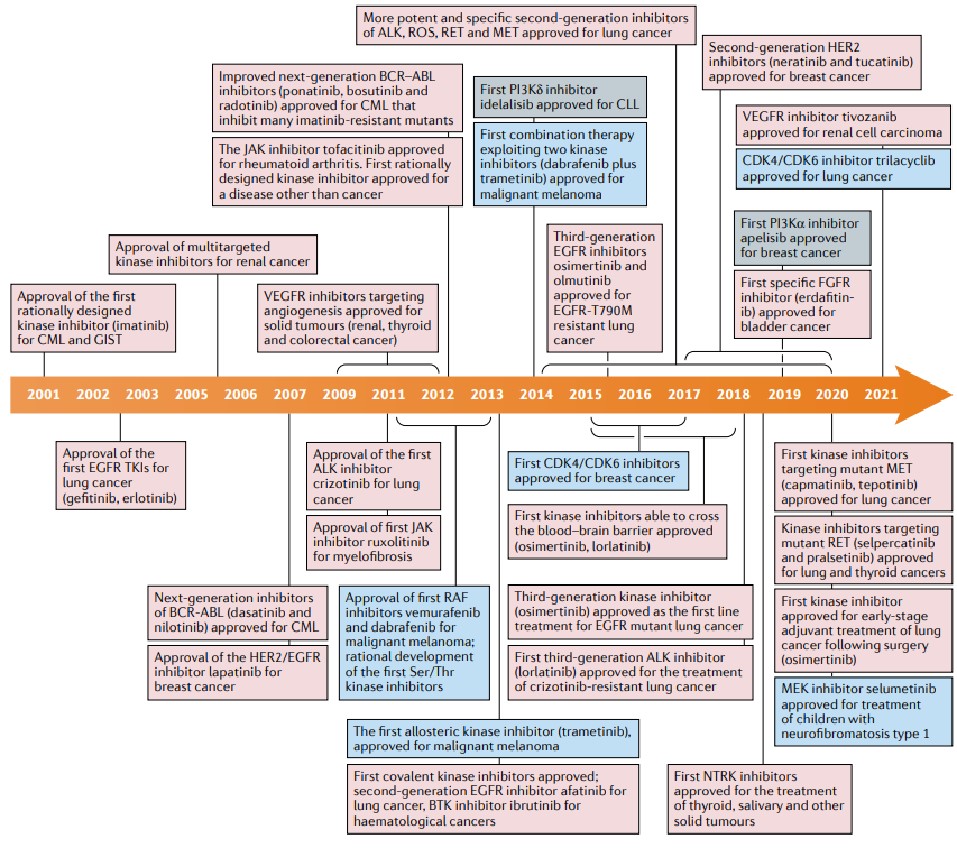Precision Drug Screening
Precision medicine is the application of modern genetic technology, molecular imaging technology and bioinformatics, combined with the patient's living environment and clinical data, to achieve accurate disease classification and diagnosis, and to formulate personalized disease prevention and treatment plans. The essence of precision medicine is to use individual genomic information as the basis, combined with other information about the individual's internal environment and clinical information, to formulate a targeted and personalized treatment plan for the patient or a specific group of people, with a view to maximizing therapeutic efficacy and minimizing adverse effects.
Precision medicine has not only revolutionized the concept of “precision” in healthcare, it has also dramatically expanded the range of solutions and medical options. This includes medications and predictive procedures tailored to an individual's specific medical condition to determine the most effective treatment. Precision medicine is undoubtedly the future of healthcare and is revolutionizing human healthcare. The full realization of precision medicine depends on the construction of a precision medicine theory and technology system through systematic clinical medical research, basic medical research and clinical translational research.

Cohen P, et al., Nat Rev Drug Discov. 2021; 20(7): 551–569.
Drug resistance guides clinical drug screening and new drug research and development
Small-molecule inhibitor
EGFR, HER2, ALK, ROS1, MET, RET, NTRK1/2/3, FGFR1/2/3/4 inhibitor resistance
KRAS inhibitor resistance
CDK4/6 inhibitor resistance
PARP inhibitor resistance
BTK inhibitor resistance
Androgen receptor (AR), estrogen receptor (ER) modulator resistance
Anti-body
Herceptin and Avastin resistances
Antibody conjugating drugs (ADC)
T-DM1 and Enhertu resistances
immune checkpoint inhibitors (ICIs)
PD-1/PD-L1 inhibitor resistances